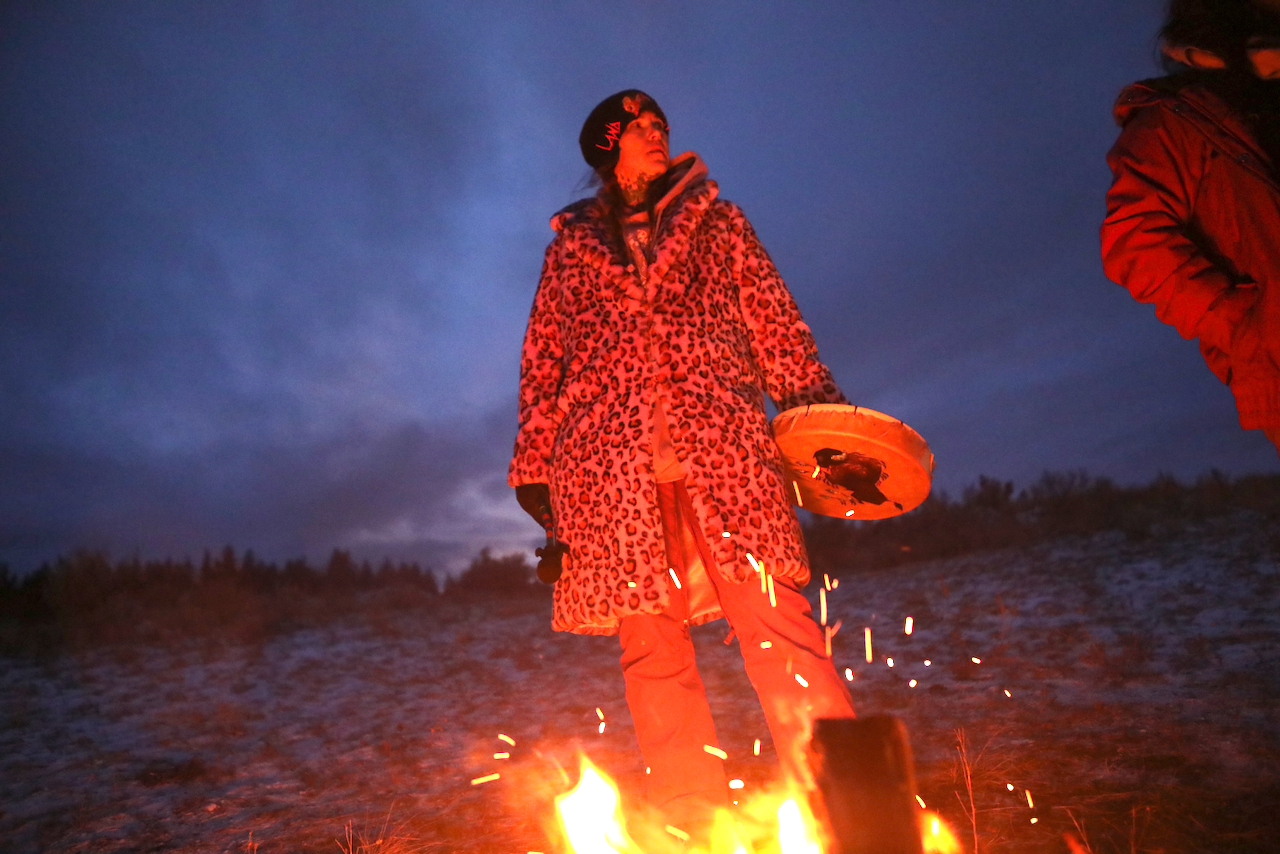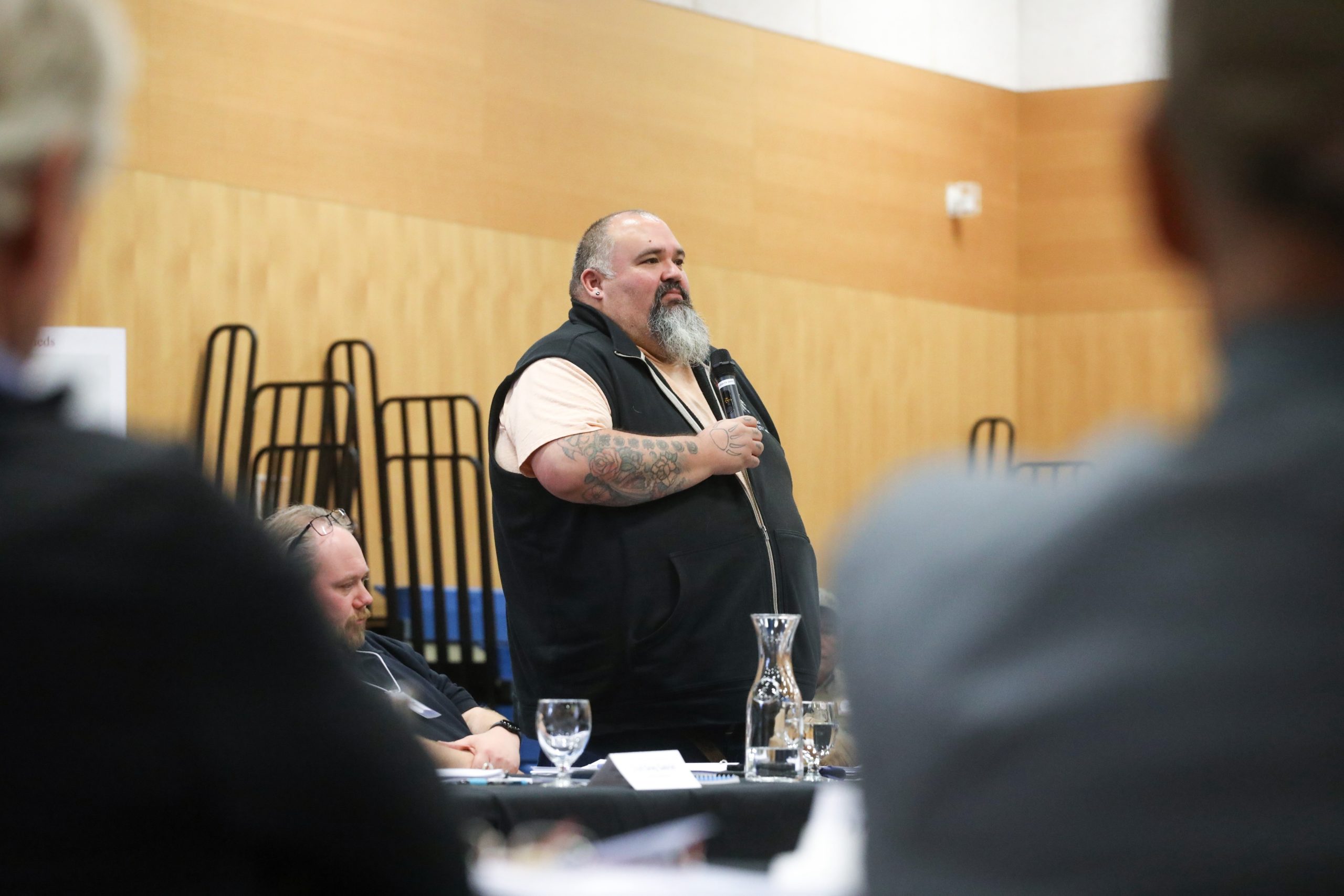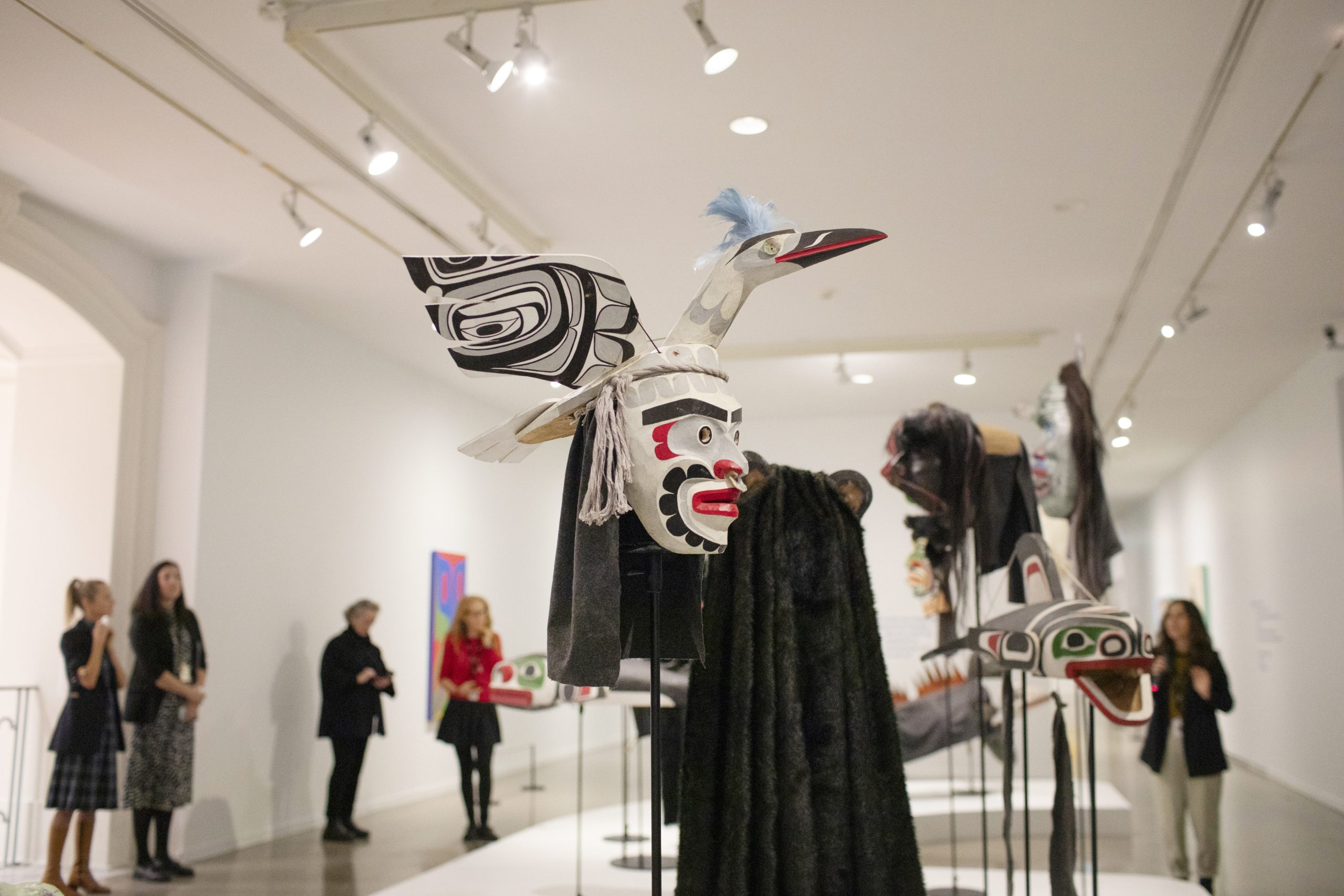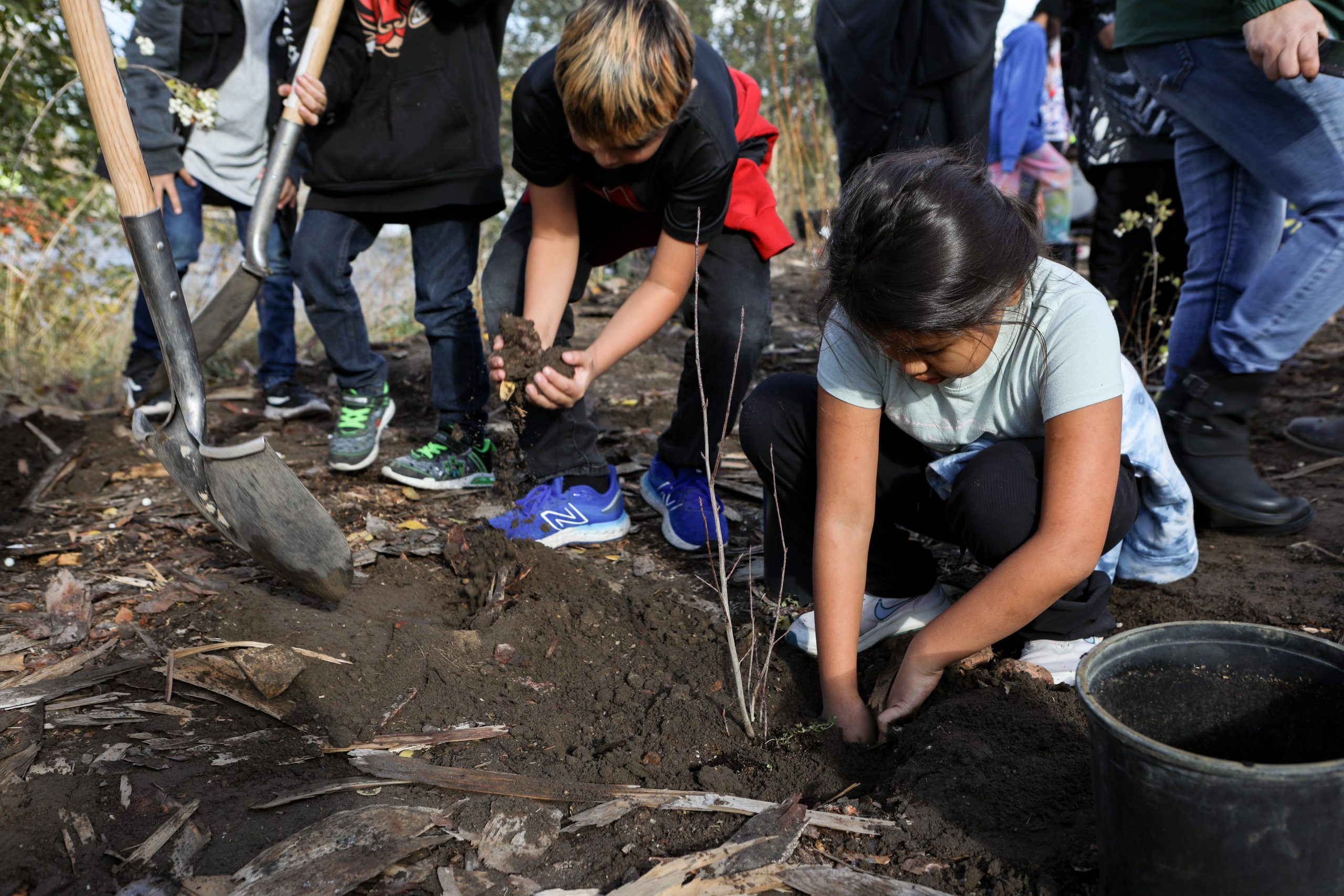Truth and reconciliation: Inside ‘Canada’s’ healthcare system
In eight years since the TRC’s final report, none of the seven Calls to Action dedicated to Indigenous health have been fully implemented nationwide
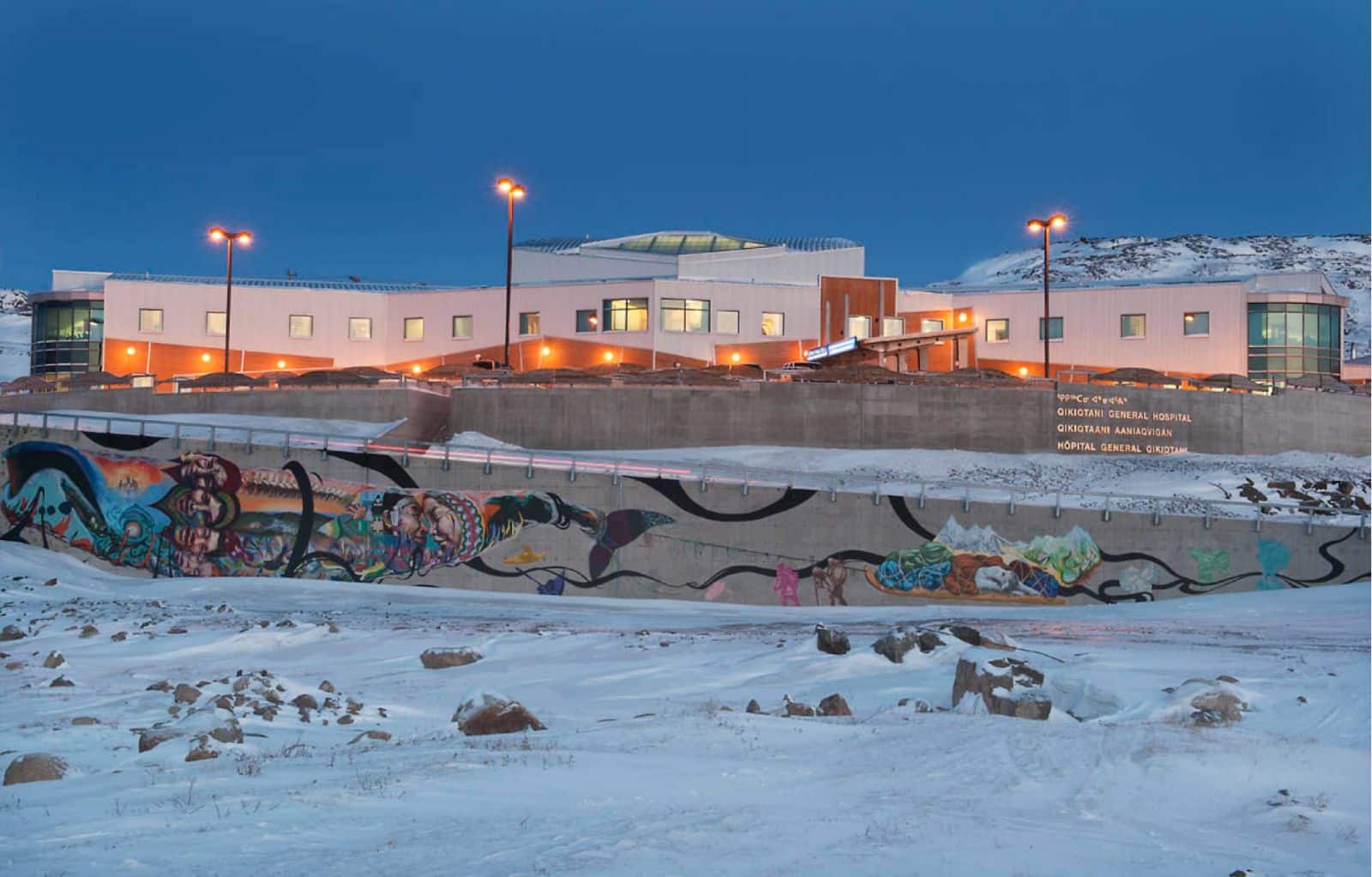
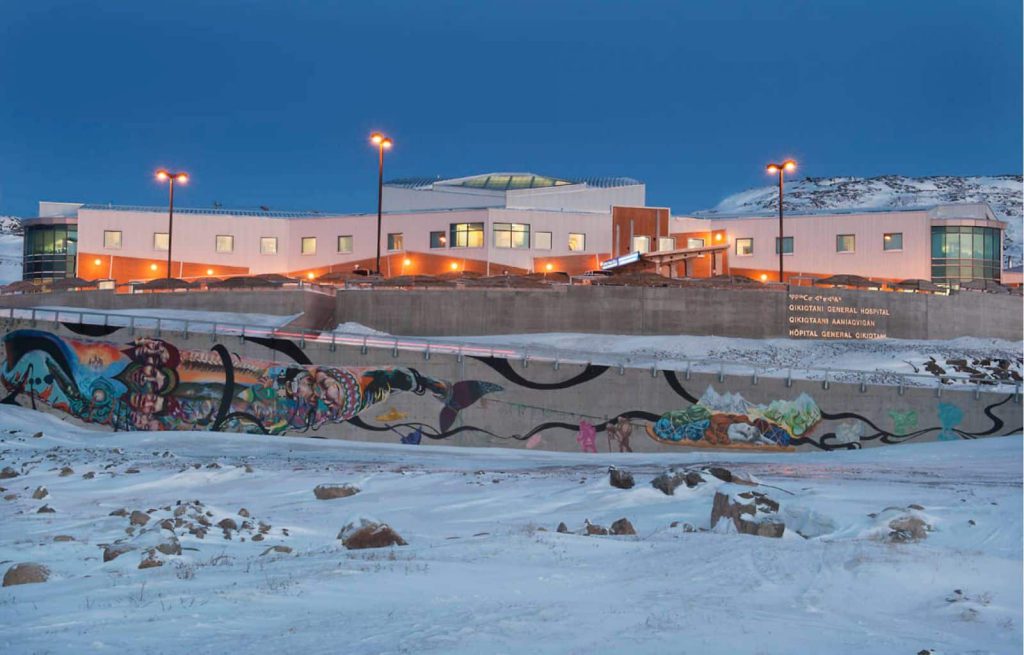
Surviving Hate is a multi-year investigation into how racism, hate and discrimination affect Canadians through the lens of public institutions. If you have experienced an incident involving racism or discrimination, you can also take the Surviving Hate survey.
Warner Adam grew up in Burns Lake, a community he recalls being plagued with racism and inequity.
Adam is a member of Lake Babine Nation, situated about 228 kilometres west of what’s been briefly known as Prince George, B.C. Living in the northern community, Adam noticed people from his nation dreaded going to the hospital or clinic over fears their concerns would not be taken seriously.
“In the healthcare system, there was so much racism,” Adam says. “The Elders said, ‘we can’t tolerate this. We need to address these inequities.’”
This fuelled his passion to create Carrier Sekani Family Services, a non-profit advocacy group working to improve the health, child and family services for First Nations people in Carrier and Sekani territories. He later participated in the leadership team that created the provincial First Nations Health Authority (FNHA).
Adam says the healthcare system in Burns Lake, and “Canada” at large, are more inclusive than they were when he began his advocacy work 25 years ago. But he cautions that there is still a long way to go.
“When our people enter the doors of these health facilities…it’s still institutional. I still hear stories about mistreatment, about racism, about lack of care,” Adam says.
“So many of our people don’t feel that they’re respected enough to advocate for themselves, and even if they do, they’re shut down and usually labelled as violent or disorderly.”
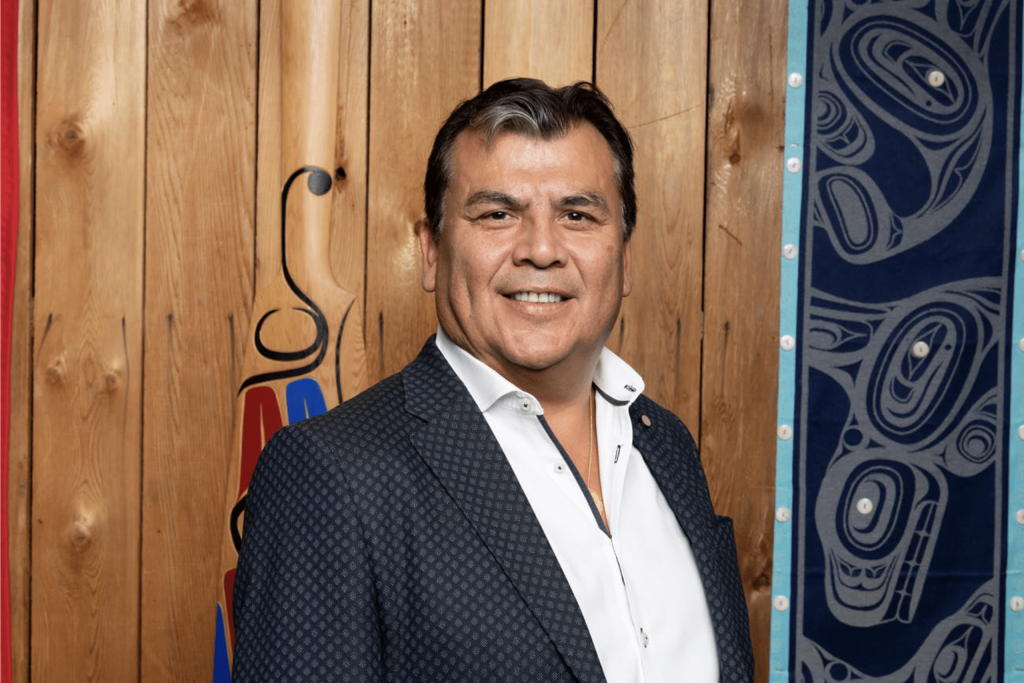
The Truth and Reconciliation Commission (TRC) was created in 2008 to guide Canadians through the discoveries behind the residential “school” system. They published 94 Calls to Action in 2015 that tasked all levels of government to repair the harm caused by the institutions and begin the reconciliation process.
The Calls to Action dedicated to health in the TRC’s report offered several ways to address deeply ingrained anti-Indigenous racism in the healthcare system. The implementation of those calls is a critical step forward, Adam says.
From the 94 Calls to Action mentioned in the TRC, Calls 18 to 24 focus on reconciliation in the healthcare system with most placing the onus on federal, provincial and territorial governments. These calls detail actionable steps that should be taken to reduce and abolish the inequities faced by Indigenous people in healthcare as the result of residential “schools,” lack of health services in remote communities, the exclusion of Indigenous healing practices and more.
However, in the eight years since the release of the report, none of the seven Calls to Action dedicated to Indigenous health have been fully implemented nationwide.
‘Ontario’ deserves a failing grade with reconciliation: NDP MPP
The provincial and territorial governments share responsibility for Calls 18, 22 and 23, which include providing cultural competency training to healthcare professionals and ensure the retention of Indigenous healthcare workers in Indigenous communities.
For the past year, Surviving Hate has been reaching out to federal, provincial and territorial departments and various health organizations to analyze the progress made in completing these calls.
While all provinces and territories except Ontario responded to our queries, only six of them provided detailed updates on all the calls they are responsible for.
Use the following interactive to explore how provinces and territories are addressing the Calls to Action:
Despite numerous media requests, Ontario’s Ministry of Health was the only provincial ministry that failed to respond to questions about progress on the TRC Calls to Action. Sol Mamakwa, Ontario NDP MPP (Kiiwetinoong) and official opposition critic for Indigenous affairs, said this is indicative of a larger problem in the ministry.
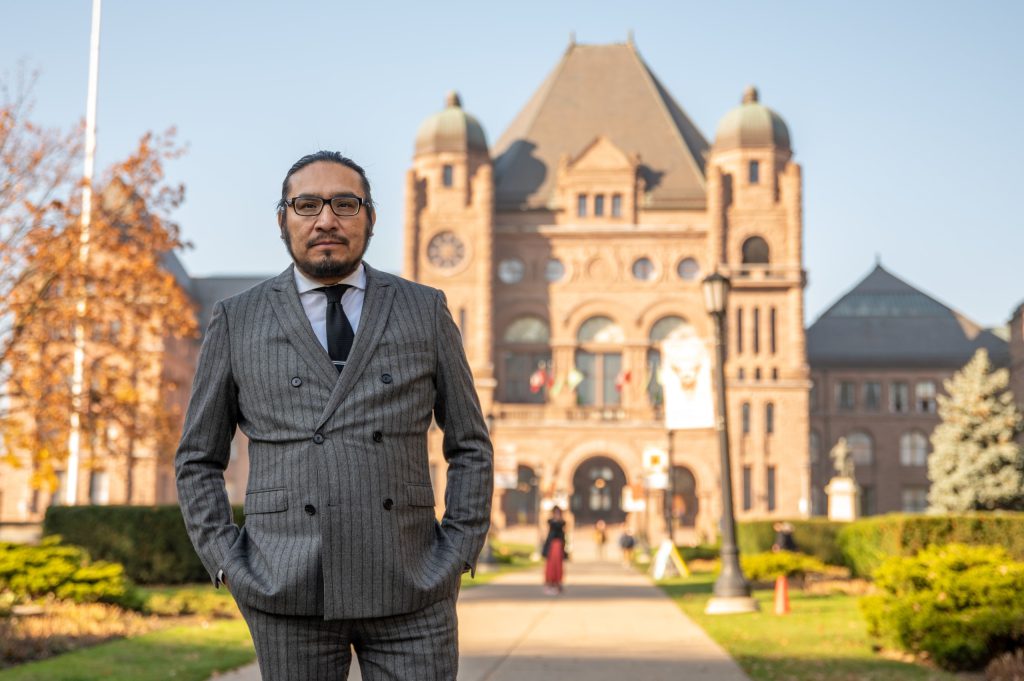
“When governments talk about reconciliation but fail to put resources or work towards achieving it, it leads to Indigenous people facing unnecessary suffering and needless deaths,” Mamakwa says.
“If I was able to give them a grade on moving towards reconciliation and healthcare, I would give them an F,” he says. “I would give them a fail because there are so many opportunities there, but they’re just failing.”
Federal government lag on calls; ‘no timelines’
The federal government is responsible for Calls 18 to 23, but it has yet to fully complete any of these six recommendations directed towards them by the TRC.
Surviving Hate reached out to Indigenous Services Canada (ISC) and Health Canada to analyze the federal progress in completing these calls.
The federal departments provided status updates on the policies and initiatives developed to complete the calls.
Use the following interactive to explore how the federal government is addressing the Calls to Action:
Peter Hutchinson, an assistant professor at the School of Population and Public Health, University of British Columbia (UBC) and a member of the Métis Nation, says there is too much discussion about what to do and few tangible results.
“One of the biggest critiques of this government is that there’s committee after committee, report after report, but there’s no action…or the action is concentrated around the time of the release of the report,” he says.
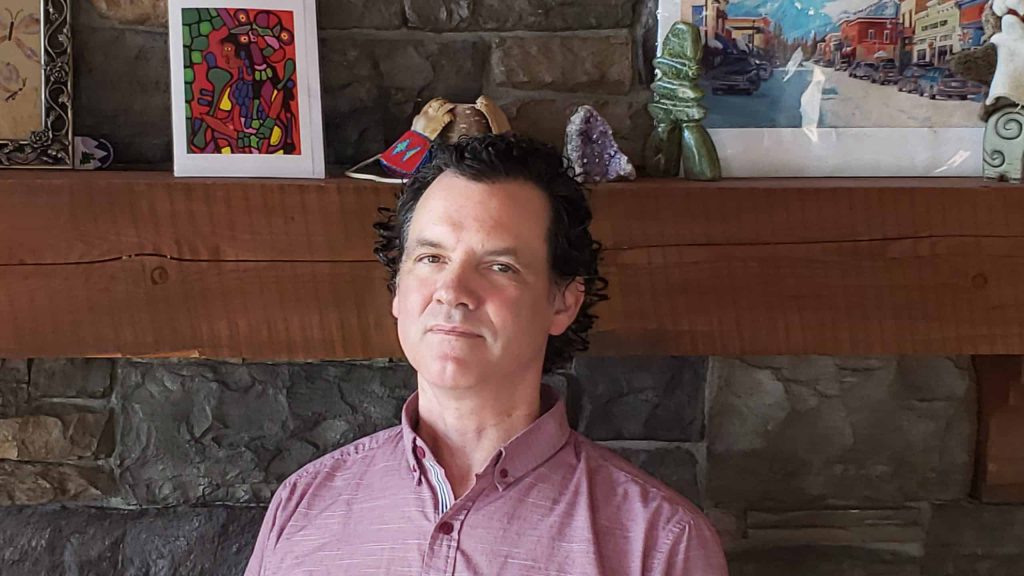
“One of the problems with the calls is there are no timelines.”
Surviving Hate isn’t the only group monitoring the government’s TRC progress. The Yellowhead Institute, an Indigenous-led research and education centre based at Toronto Metropolitan University, Indigenous Watchdog, a non-profit reporting about Canada’s reconciliation efforts, and CBC News have also previously reported the government’s progress in completing all 94 Calls to Action.
Reconciliation and ‘Canadian’ hospitals
Hospitals and health authorities share responsibility for Call 22, which urges leaders in the healthcare system to recognize and implement Indigenous healing practices when treating Indigenous patients.
Surviving Hate contacted dozens of hospitals and health authorities across the country get a snapshot of what is being done.
Thirteen of 18 respondents said they are currently implementing Call 22.
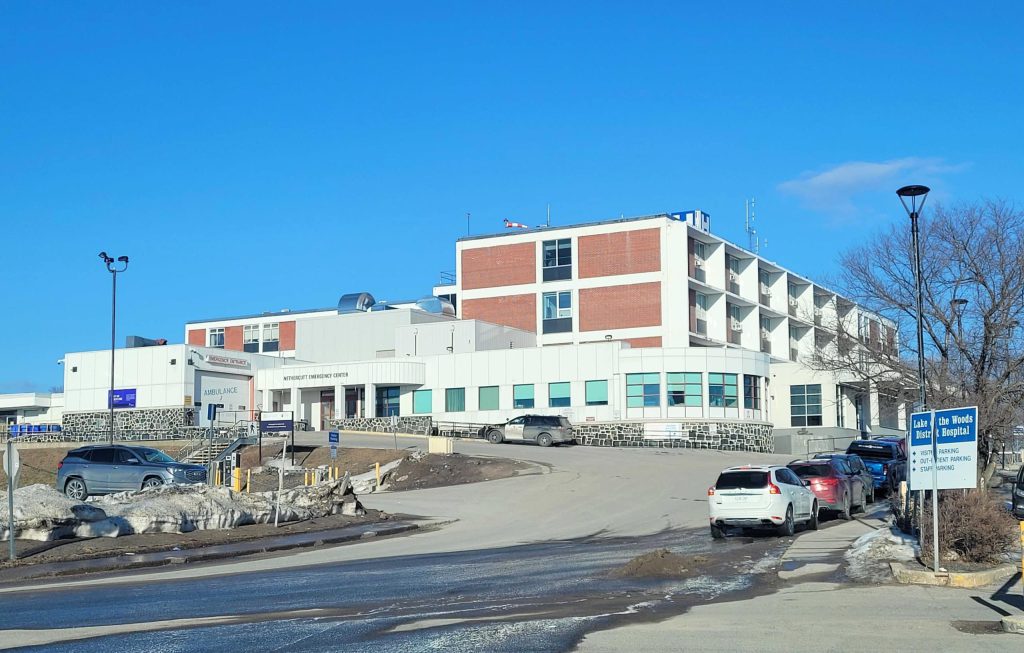
Some, like the Health Sciences Centre in Manitoba, say they have dedicated staff positions, such as a traditional healer to offer to their patients, .
The Lake of the Woods Hospital are answering this call by developing the All Nations Hospital Project, anew facility that will include traditional healing areas.
Two facilities are behind in completing this call: the Campbellton Regional Hospital in New Brunswick says it does not have Indigenous healing practices in place, but have developed a policy on it, and Cape Breton Hospital in Nova Scotia says it is in the process of developing policies regarding this.
The Qikiqtani General Hospital and Kinngait Health Centre in Nunavut say the COVID-19 pandemic caused setbacks as they had to delay delivering cultural competency training and switch to online delivery. The Saskatchewan Health Authority (SHA) told Surviving Hate it had to redeploy TRC resources during the pandemic, causing a delay in its progress.
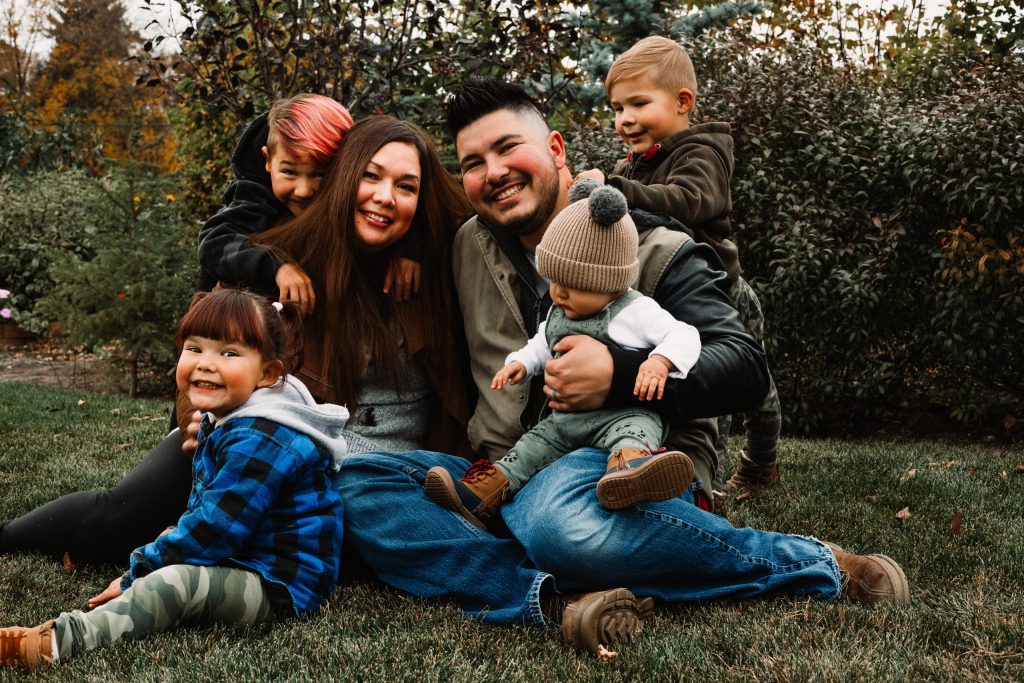
All respondents said they recognize and commemorate the National Day of Truth and Reconciliation.
But for Indigenous people, delayed action on these TRC calls “is literally life or death,” says Cassandra Opikokew Wajuntah, member of the Canoe Lake Cree First Nation in Saskatchewan and an assistant professor of Indigenous Health Studies and director of the Indigenous Peoples Health Research Centre at First Nations University of Canada (FNUC) in Regina.
“We continue to suffer from the poorest health outcomes in Canada, yet funding and capacity building is not keeping pace with the calls that we’re supposed to be responding to,” Opikokew Wajuntah says.
Tackling racism through education
Calls 23 and 24 focus on providing cultural competency training to all healthcare professionals and students.
As part of the ongoing investigation, Surviving Hate reached out to all medical schools and nursing programs across the country to determine whether they require all students to take a course dealing with Indigenous health issues.
Our findings reveal only six of the 16 medical schools and 13 out of 26 nursing programs have a dedicated course in Indigenous health.
While governments, healthcare and post-secondary institutions work to improve their inclusivity, Indigenous organizations have been doing crucial work in the healthcare space for many years prior to the TRC report’s publication.
One example is San’yas, an organization that’s been providing online training since 2008. San’yas’ programming was originally created to provide cultural competency training for health care professionals in B.C. It later expanded across multiple sectors such as justice, education, and government.
San’yas offers five different core Indigenous Cultural Safety (ICS) courses in the areas of health, mental health, child welfare, justice, and foundations. About 60,000 people in B.C. have completed at least one San’yas training module since 2008. On the national scale, 150,000 workers across Canada, largely in health care and public service sectors, have attended a San’yas training module.
Today San’yas is known to be one of the country’s largest cultural safety training programs.
But getting it off the ground wasn’t easy. Cheryl Ward and Leslie Varely, San’yas’ co-founders, say they faced pushback and funding issues from senior leaders and health officials.
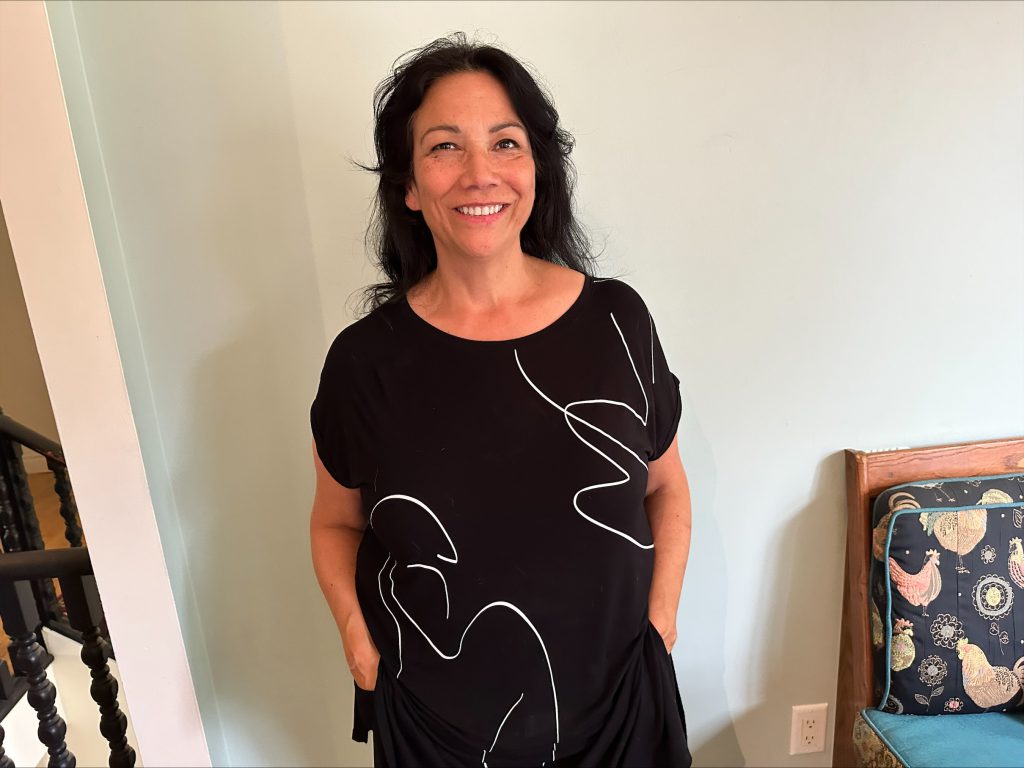
“We knew that there was going to be backlash, we knew there was gonna be resistance, and that we would experience a lot of hostility,” Ward says.
“I think that…it still happens.”
Jane Collins, senior director of San’yas, recalls that when the TRC’s report was released, various health officials and colleges across B.C. signed declarations of commitment to cultural safety. But very few of those health authorities and colleges funded education programs providing such training.
Collins says their program was funded to be developed but wasn’t funded to be implemented. Today, San’yas continues as a self-funded program.
Opikokew Wajuntah said other Indigenous organizations, such as B.C.’s First Nations Health Authority, are also taking matters into their own hands.
“Indigenous groups are starting to look outside of main care health systems and creating their own Indigenous-operated hospitals, clinics and research centres because the consequences are just too great to continue the status quo,” Opikokew Wajuntah says.
Research credit: David Weisz, Kunal Chaudhary, Nitika Mishra.
Surviving Hate is a collaborative journalism project by Humber College’s StoryLab seeking to fill the data gap on the reporting of hate crimes in Canada. Academic partners include Algonquin College, Trent University, the University of King’s College, Toronto Metropolitan University, Carleton University, University of British Columbia, University of Winnipeg and the Centre for Human Rights Research at the University of Manitoba. Our media partners are Canada’s National Observer, the Toronto Star, Investigative Journalism Bureau, TVOntario and J-Source. Surviving Hate is supported by the Inspirit Foundation, Google News Initiative, Journalists for Human Rights and Humber College’s Office of Research and Innovation and Faculty of Media and Creative Arts.
Author
Latest Stories
-
‘Bring her home’: How Buffalo Woman was identified as Ashlee Shingoose
The Anishininew mother as been missing since 2022 — now, her family is one step closer to bringing her home as the Province of Manitoba vows to search for her
-
Will you help us tend to the fire?
IndigiNews is launching a fundraising campaign to support our storytelling into 2026



